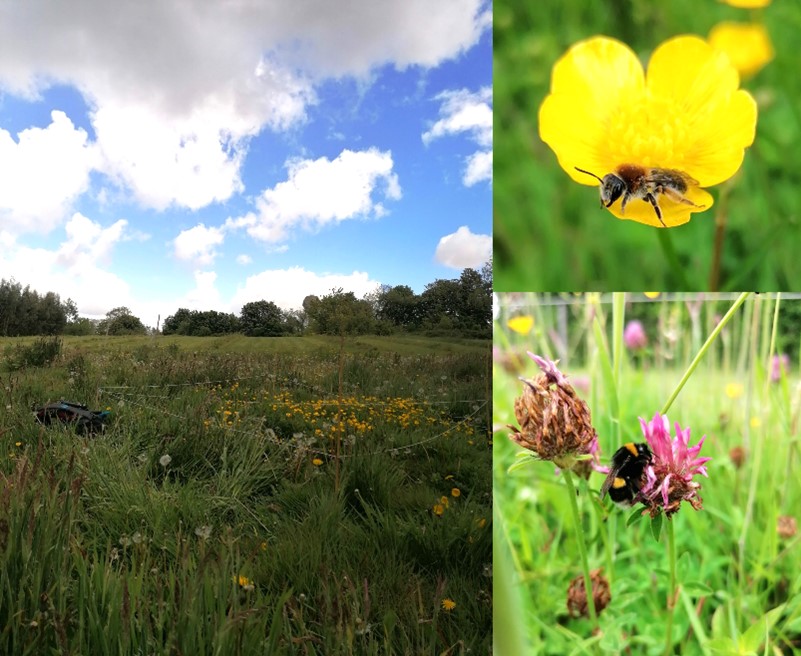Evaluating the effects of observation period, floral density, and weather conditions on the consistency and accuracy of timed pollinator counts
DOI:
https://doi.org/10.26786/1920-7603(2022)699Keywords:
Ecosystem services, insect declines, non-detection errors, pollinator monitoring, bees, SyrphidaeAbstract
Insect pollinators are experiencing substantial declines as a result of habitat loss, agricultural intensification, invasive pests, and climate change. To investigate factors causing pollinator declines, evaluate the success of conservation measures, and institute long-term monitoring schemes, it is essential to validate and standardize pollinator sampling techniques. This study investigated how sampling duration, weather conditions, and abundance of floral resources influenced the results of timed pollinator counts by repeatedly sampling the same pollinator assemblage in an Irish meadow. The likelihood of detection of Apis mellifera, Bombus spp, solitary bees, and Syrphidae was strongly associated with the density of floral units or floral cover in the observation plot. Also, even though protocol criteria restricted pollinator counts to the middle of the day and benevolent weather, pollinator counts were strongly influenced by factors such as cloud cover, light levels, wind speed and relative humidity. Increasing the duration of the timed counts from 5-minutes to 30-minutes considerably increased the probability of detection of each pollinator group. Additionally, the perceived diversity of the pollinator assemblage at the meadow was markedly affected by sampling duration and floral abundance. To improve the consistency or comparability of studies using timed pollinator counts, we recommend that criteria are set restricting surveys to narrow ranges of weather conditions and floral density when possible. Additionally, pollinator field investigations or monitoring programs would benefit from a systematic evaluation of how erroneous non-detection of target taxa can be reduced to acceptable levels by modifying sampling duration.

Downloads
Published
How to Cite
Issue
Section
License
Copyright (c) 2022 Neil Mahon, Simon Hodge

This work is licensed under a Creative Commons Attribution 4.0 International License.
JPE is an open access journal which means that all content is freely available without charge to the user or his/her institution.
Authors who publish with this journal agree to the following terms:
1) Authors retain copyright and grant the journal right of first publication with the work simultaneously licensed under a Creative Commons Attribution License that allows others to share the work with an acknowledgement of the work's authorship and initial publication in this journal.
2) Authors are able to enter into separate, additional contractual arrangements for the non-exclusive distribution of the journal's published version of the work (e.g., post it to an institutional repository or publish it in a book), with an acknowledgement of its initial publication in this journal.
3) Authors are permitted and encouraged to post their work online (e.g., in institutional repositories or on their website) prior to and during the submission process, as it can lead to productive exchanges, as well as earlier and greater citation of published work (See The Effect of Open Access).
To assure a broader targeted audience, content will be included into databases (such as EBSCO) and directories (such as DOAJ).











